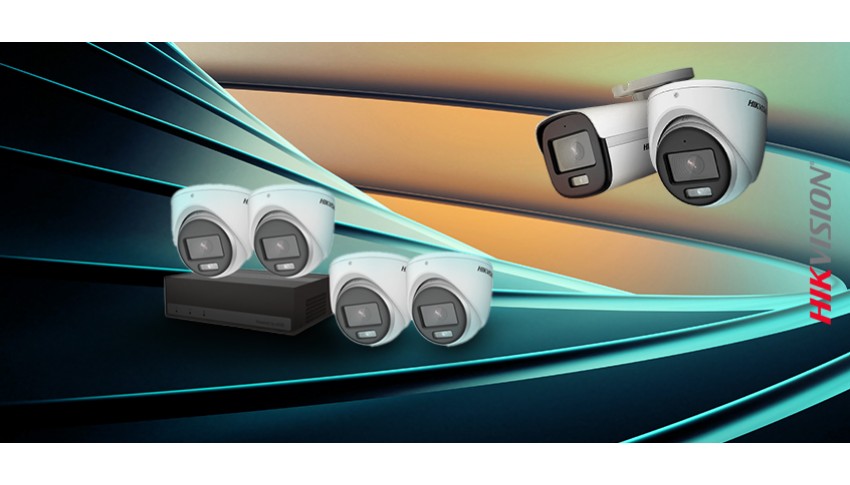IP65, IP66, IP67 and IK10 Certificates: Strong Protection Levels Against Water, Dust and Impacts
Security cameras are equipped with IP ratings that provide resistance to various weather conditions and environmental factors. IP65, IP66 and IP67 certifications are standards used to determine the resistance of cameras to water and dust. In this article, we will understand what each rating means and how cameras are strengthened with these certifications.
What is IP65?
IP65 indicates cameras' full protection against dust and water resistance against low pressure. This means the cameras are resistant to light splashes. Cameras with IP65 certification are generally suitable for use in indoor areas.
What is IP66?
IP66 rating indicates cameras' full protection against dust and water resistance against high pressure. This means the cameras are resistant to strong splashes and light rain. Cameras with IP66 certification are generally suitable for outdoor applications.
What is IP67?
Cameras with an IP67 rating represent complete protection against dust and short-term diving resistance. This means the cameras have a higher resistance to water. Cameras with IP67 certification are ideal for short-term use in heavy rain, snow or under water.
What is IK10
Measures a camera's resistance to shock at a certain energy level. The camera is particularly protected against vandalism, intentional damage or external influences. This is important to protect camera systems and increase security measures, especially for cameras used outdoors or in public areas.
Comparison and Advantages:
IP65
Suitable for use in closed areas, resistant to dust and provides water resistance against low pressure.
IP66
Suitable for outdoor use, resistant to strong splashes and resistant to light rain.
IP67
Suitable for harsh outdoor conditions, resistant to short-term diving and has higher resistance to water.IP65, IP66 and IP67 ratings are standards that determine the resistance of cameras to water and dust.
IK10
The camera is particularly protected against vandalism, intentional damage or external influences. This is important to protect camera systems and increase security measures, especially when used outdoors or in public areas.Which degree is preferred depends on the environment and weather conditions in which it will be used. These certifications help users choose security cameras to suit their needs and ensure the cameras deliver long-lasting and reliable performance.
Leave a Reply
Your email address cannot be published. Required fields are marked*










Comments: 0